Keywords: Football
There are more than 200 results, only the first 200 are displayed here.
-
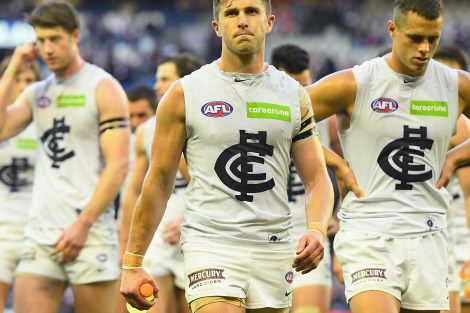
AUSTRALIA
- Paul Mitchell
- 18 May 2017
7 Comments
I was 16 and playing senior football for my local team the first time I doubted whether it was the sport for me. At training, the men's talk turned to the various ways they liked to 'take' their wives. They spoke as if the women in their lives were of a different species. I looked at my friend. We had girlfriends and had never spoken to each other about them in this way. That was in 1984. The abuse of Marc Murphy's wife in the Carlton vs St Kilda match last Saturday shows not much has changed.
READ MORE 
-
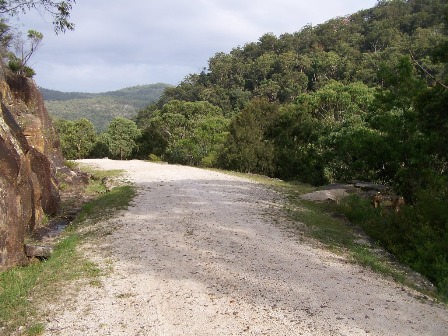
ARTS AND CULTURE
Repeat your name over and over and it doesn't make sense. Being able to hear your name across a noisy crowded room. Being able to see things in the dark by not looking at them directly. Walking down an old path brings back a conversation you had in exactly the same location years ago. Your handwriting looks exactly like your father's. Revisiting a childhood park destroys the memory and paves over it with the newer, boring adult memory. When you chase something you can't have it.
READ MORE 
-
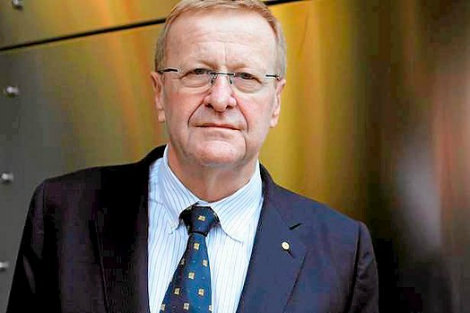
AUSTRALIA
- John Warhurst
- 26 April 2017
4 Comments
Recent adverse coverage of sporting organisations has revealed once again what looks like widespread organisational dysfunction. Sport is such a major part of Australian life that we should all be interested in what goes on within the multi-million dollar organisations that run it, whether it be the big football codes, cricket, tennis or the Olympic sports. The stakes are huge and the issues, including self-interest, interstate rivalries and personality conflicts are eerily familiar in public life more generally.
READ MORE 
-
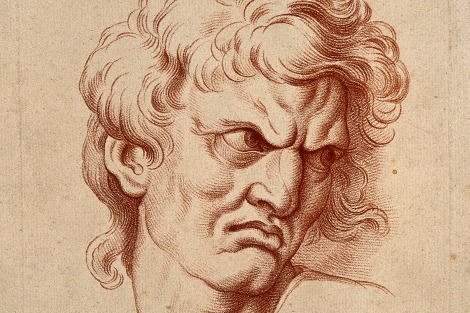
AUSTRALIA
- Andrew Hamilton
- 22 March 2017
15 Comments
The Prioress in Chaucer's Canterbury Tales had a brooch alluding to Virgil's phrase, 'love conquers all'. In her case, her love for her two lapdogs beat her affection for mere people. But in public life one wonders about the truth of the epigram. Indeed a good case could be made that hatred conquers all, and that it is stronger than love. The advent of Donald Trump with his individual style has occasioned lament that the public world is now dominated by hatred and contempt. But there is nothing new in it.
READ MORE 
-

ARTS AND CULTURE
- Tony London
- 13 February 2017
6 Comments
The chimneys of various shapes and sizes on the priest's houses next door, have not spumed since the winter, and in and around St Patrick's things like that might seem symbolic. Will fires ever be lit there again - lest the people speak - the ribbons spliced up and down the wrought iron railings, rattle in the brisk autumn breeze, telling stories of love, suffering and endless disharmony, broken trust, send messages to those in the passing traffic ... better the devil you don't know ...
READ MORE 
-
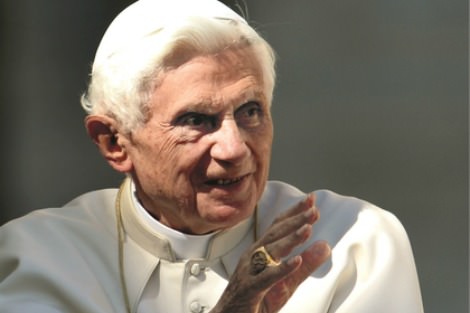
RELIGION
- Andrew Hamilton
- 08 February 2017
18 Comments
The inflated image I once had of Cardinal Ratzinger, and that many Catholics have of cardinals and other authority figures, was shaped by fear. Fear hands over to the human beings behind the image a power they do not possess. Conversations always turn to them and inhibit the free and constructive living of faith. In helping to demystify such images Last Testament, the autobiography (written with Peter Seewald) of Pope Benedict XVI, serves us well.
READ MORE 
-

ARTS AND CULTURE
- Tim Kroenert
- 08 February 2017
1 Comment
The Academy, it seems, has listened. After the #whiteoscars furore of past years, three of this year's Oscar nominees for Best Picture, Moonlight, Fences, and Hidden Figures, are films with predominantly (if not entirely) Black casts, and focused on the experiences of Black characters. Cast and crewmembers from all three have been nominated in various categories. To be fair, all three films would have demanded attention, with or without the recent controversy around awards season racial bias.
READ MORE 
-
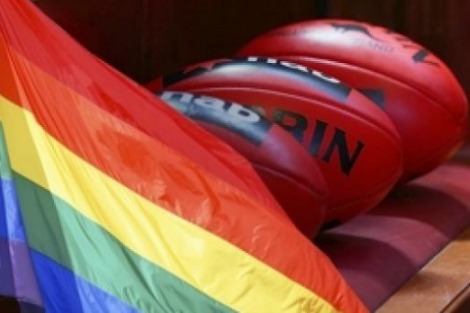
AUSTRALIA
- Neve Mahoney
- 08 February 2017
3 Comments
Last year, I attended the AFL Pride Match with the LGBTI youth group Minus18. As I walked to Etihad Stadium, there was something profoundly emotional about seeing rainbows mix with football colours. A huge part of my childhood was no longer alienated from my lived reality. Yet as the game went on like any other, the whole experience recast itself. I felt more and more conspicuous, and I wondered how safe I'd feel if I were watching alone, waving a rainbow flag.
READ MORE 
-
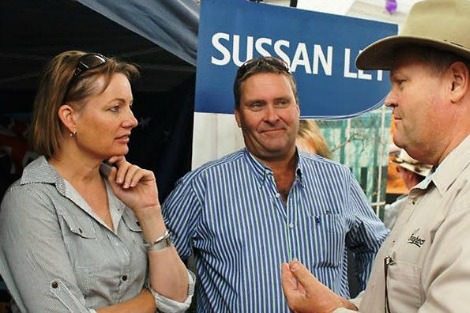
AUSTRALIA
- John Warhurst
- 31 January 2017
7 Comments
The question of proper parliamentary and government work expenses remains unresolved. Whether rural MPs should use charter flights rather than commercial airlines is the latest aspect. Every element of political work expenses is now under sceptical public scrutiny. The recent case of former Minister for Health Sussan Ley is just one of many questionable instances. The central question is what is a legitimate work expense for politicians. The matter of who should then pay is secondary.
READ MORE 
-
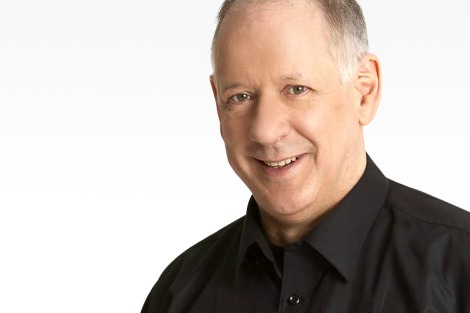
MEDIA
- Kasy Chambers
- 05 December 2016
21 Comments
There has been a slow trickle of news outlets in Australia winding back their coverage of religion over recent years. Some might argue that this is a good thing in a secular democracy, and that discussion of religion creates division. This however flies in the face of the overwhelming good that religious belief, and religious-based organisations, do in this country. Not to mention the fact that religion and ethics are a major part of the narrative of society, of how we live together and how we form a community.
READ MORE 
-
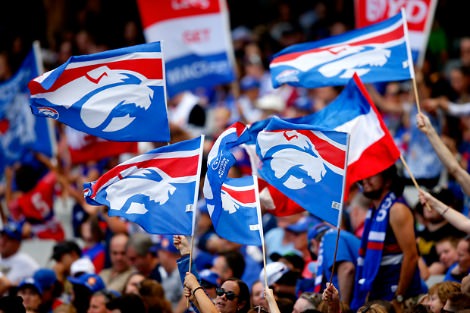
AUSTRALIA
- Andrew Hamilton
- 12 October 2016
5 Comments
The best writers on sport show that it is a metaphor for life. Perhaps that is why the triumph of the Western Bulldogs in the AFL Grand Final has been so ruthlessly milked for larger significance. But I would like to exploit it once more for the way in which it illustrates the weakness of a liberal politics that assumes that all will benefit from the economic growth that unfettered competition between individuals yields. The joy of the Western Bulldogs victory lay in its challenge to these assumptions.
READ MORE 
-
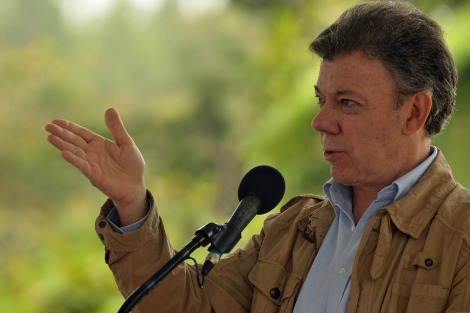
INTERNATIONAL
- Antonio Castillo
- 10 October 2016
2 Comments
Colombia has been on a massive political and emotional roller coaster. A peace accord to end the 52 years civil war was signed on 26 September, only to be rejected in a referendum on 2 October. A few days later President Juan Manuel Santos, whose referendum was rejected, received the 2016 Nobel Peace. All of this happened not in a hundred years, but in the space of a few weeks. Yet for those who know a bit about Latin American politics the defeat of Santos in the referendum was not unexpected.
READ MORE 